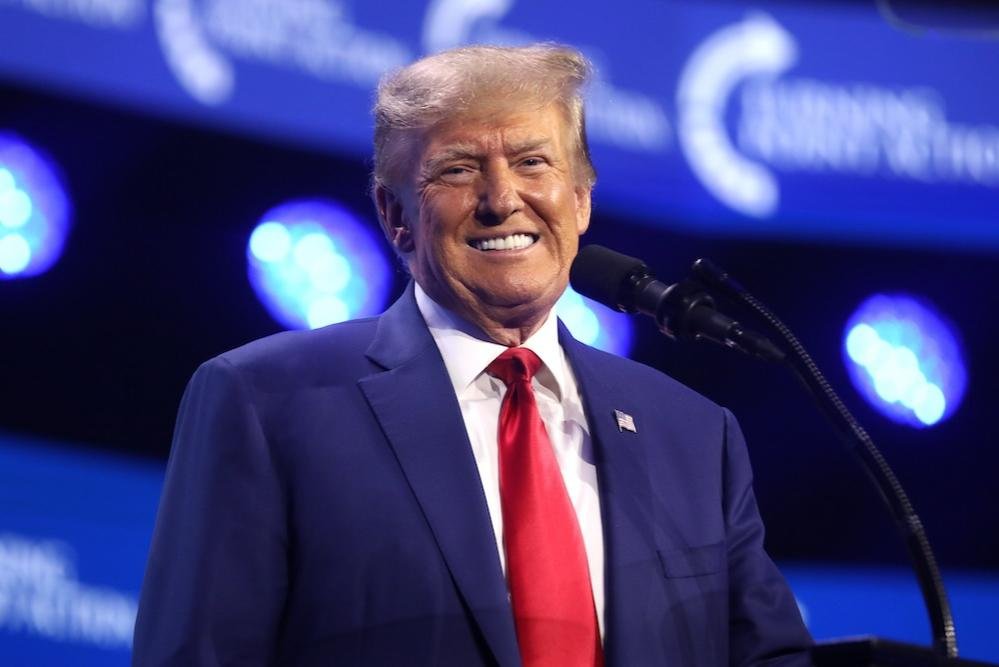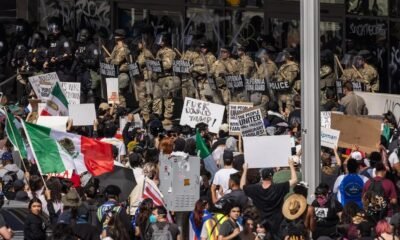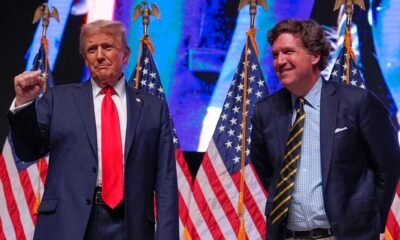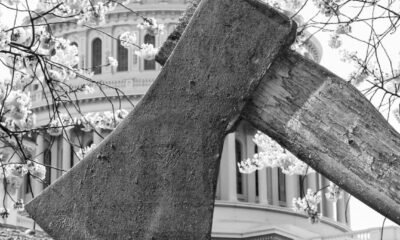history
FactCheck: Trump’s Court Claims Under Fire for Distortion of Truth

Federal judges have issued temporary restraining orders to block the Trump administration’s sweeping cuts and freezes on federal spending, challenging the executive branch’s authority. The orders ensure that investigations into corruption can continue, but they prevent unilateral actions affecting previously appropriated funds.
President Trump asserted that judges were impeding efforts to identify and curb corruption, specifically remarking on spending cuts proposed by the Department of Government Efficiency. However, legal experts emphasize that the constitutional issue at stake concerns whether the president can refuse to spend money allocated by Congress, not his ability to investigate fraud.
In a case overseen by District Court Judge John J. McConnell Jr., he highlighted that the administration’s across-the-board funding freeze lacked specific findings of fraud. The executive branch’s actions could suspend approximately $3 trillion, a move Judge Loren L. AliKhan deemed excessively broad and detrimental to critical federal programs.
Judge Amir H. Ali, presiding over a separate case related to foreign assistance funds, criticized the government’s blanket suspension without rational justification, which disrupted thousands of agreements across various sectors. Legal scholars underline that the executive branch must follow established procedures to cut spending; failure to do so raises serious constitutional questions.
The White House responded to these legal challenges with a firm intention to comply with court orders while expressing confidence in their legal standing. Press Secretary Karoline Leavitt affirmed the administration’s commitment to its initiatives but described the injunctions as lacking legal foundation.
In multiple lawsuits, two federal judges granted temporary restraining orders aimed at curtailing the administration’s attempts to freeze financial aid across various sectors, reflecting significant concern over constitutional authority. Intriguingly, some plaintiffs claimed federal funding continued to be obstructed despite judicial orders.
The Judiciary’s findings are underscored by a historical context wherein Congress asserted its “power of the purse” following past abuses of executive authority. Recent rulings have reiterated that the president lacks the unilateral authority to freeze appropriated funds and must request congressional approval to alter funding allocations.
In other related cases, attempts to reorganize the U.S. Agency for International Development have been met with resistance in court, as union representatives successfully secured rulings that prevented widespread layoffs based on unproven allegations of corruption. The courts’ responses emphasize the importance of due process and proper justification for any significant funding alterations.
As these cases progress, the potential for a Supreme Court case looms, which could ultimately resolve the broader question of executive authority versus congressional appropriations. Legal experts predict that it may take years to reach a definitive ruling, during which the implications for federal spending and oversight will continue to unfold.


















